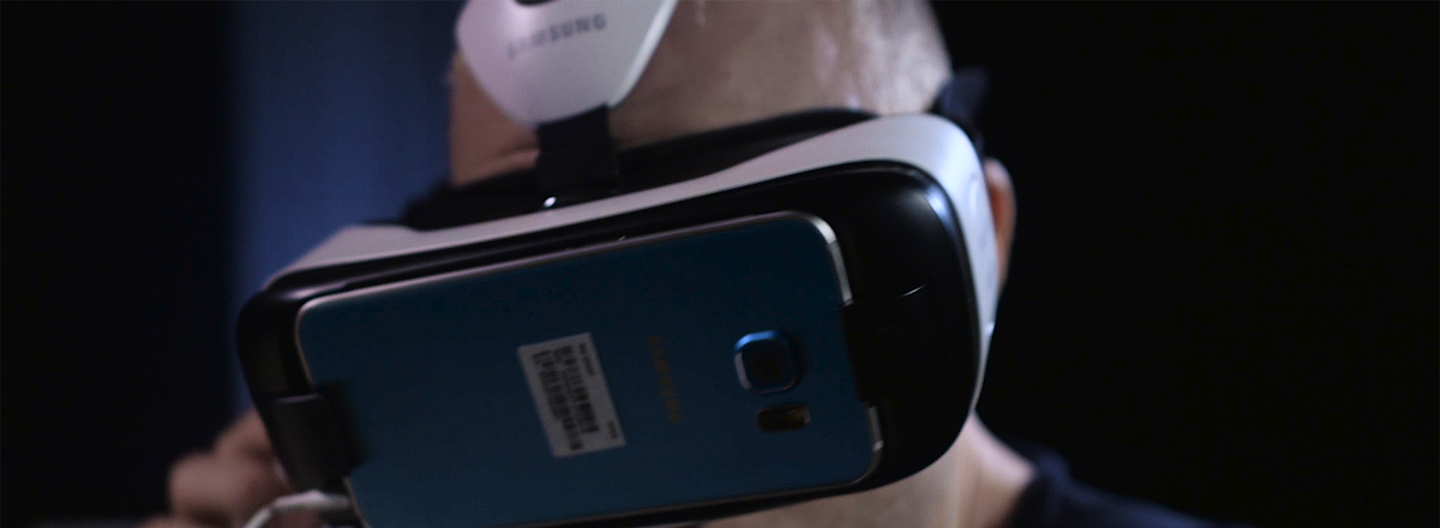
Virtual reality as a training tool for researchers
Virtual reality will give students and researchers access to advanced laboratory equipment. Researchers at SDU are currently examining whether virtual learning is more effective than books and lectures.
In the future, students and researchers will have access to the most advanced lab equipment, regardless of where in the world they are, via virtual reality headsets.
Such is the aim of a new project, which Innovation Fund Denmark has invested DKK 23 million in.
The project will culminate in the development of a virtual reality learning platform, which is expected to revolutionise the teaching of the natural sciences in universities and upper secondary schools around the world.
The platform is being developed by the company Labster, while SDU’s own Department of Psychology will be responsible for testing the benefits associated with virtual reality in terms of learning outcomes.
Training in the laboratory
SDU is thus part of a strong group of Danish and international partners who have come together to develop an entirely new learning platform.
“The aim is to build a lab simulator that can train people in the use of biotechnological and other high-tech instruments. However, there are many other potential applications of virtual reality within the fields of education, health and psychiatry. We have only just begun to explore this potential,” said Guido Makransky, an Associate Professor at the Department of Psychology.
Makransky believes that the future importance of the laboratory simulator will be comparable to how vital flight simulators are in the training of pilots today.
Like being there in person
Virtual reality headsets, interactive gloves and simulation models will be combined with specially developed software, resulting in a new generation of educational technology which will be used in the fields of pharmaceuticals and biotechnology.
“Virtual reality is getting a lot of attention today and will become very important in the future. The use of virtual reality in education has a psychological effect that makes it all far more immersive for the students,” Makransky said.
He and his colleagues are in charge of leading the first Danish experimental group tasked with testing how virtual reality affects learning.
More exciting than a book or PC
“We will test whether virtual reality works better than other methods. We will do this by allowing a lot of ordinary people try a prototype of the platform.”
“Our initial results have shown that they are learning things in a different way, and that they feel it is more exciting standing in the middle of a virtual lab, using different machines and tools, than it is reading about how to do that in a book or seeing it on a computer screen.”
The funds from Innovation Fund Denmark is helping consolidate virtual reality research from the Novo Nordisk Foundation Center for Biosustainability at DTU, the University of Copenhagen Biotech Research and Innovation Centre and SDU’s Department of Psychology.
Promising results
Researchers at SDU’s Department of Psychology have already begun to test the learning benefits of virtual reality headsets.
Together with some of her fellow students, Malene Warming Thisgaard has tested the headsets on a number of volunteers.
There are no special preconditions to be selected as a volunteer, although the majority are SDU students. They are all presented with the same simulation of a virtual lab, where DNA samples must be analysed to identify a killer.
“The preliminary results show that the volunteers become more engrossed by the virtual reality simulation. We know that engagement and motivation are important factors for learning, so we think the headsets can be used for effective learning in many areas,” said Malene Warming Thisgaard.